Yolanda Johnson-Peterkin: Keeping Hope Alive
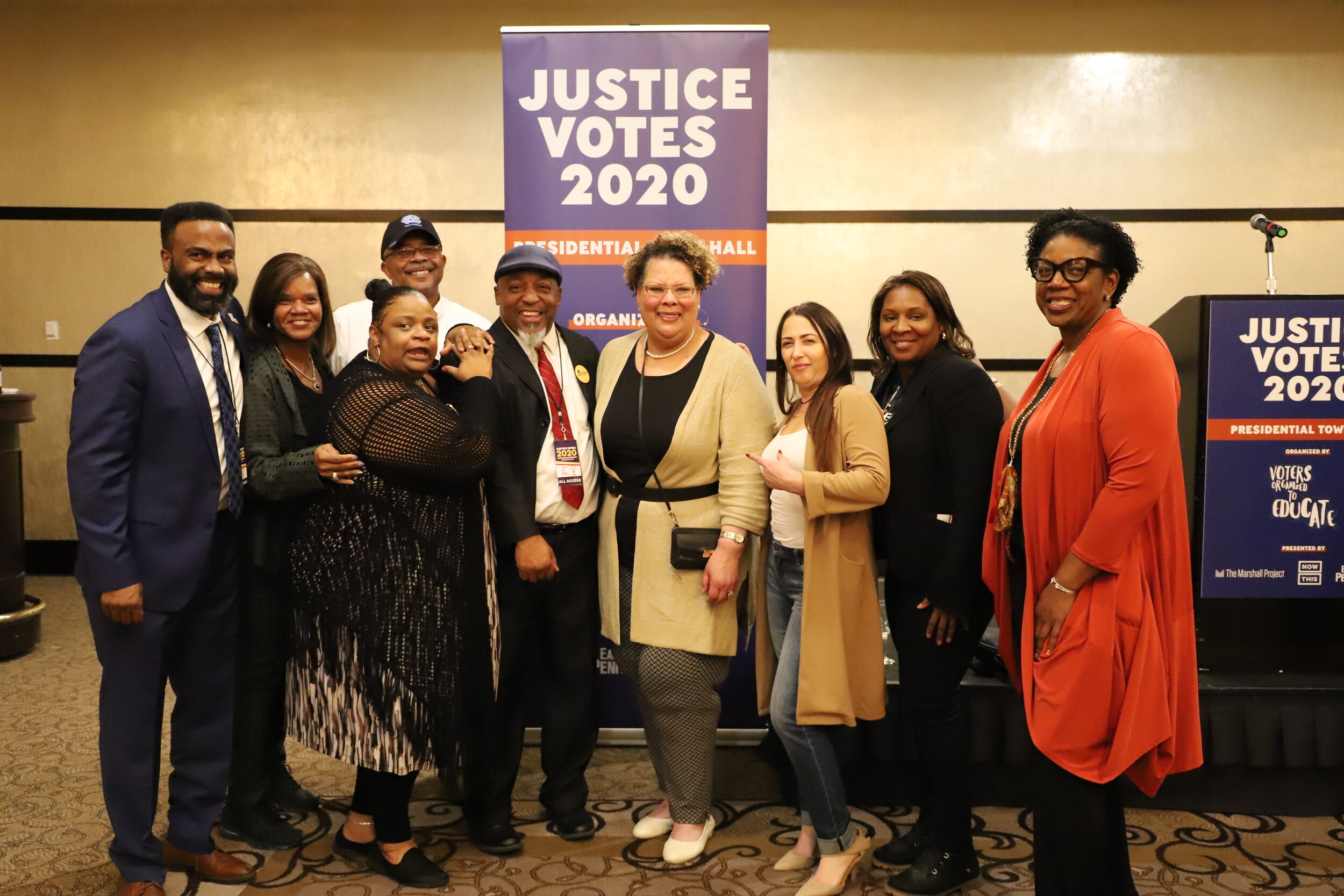
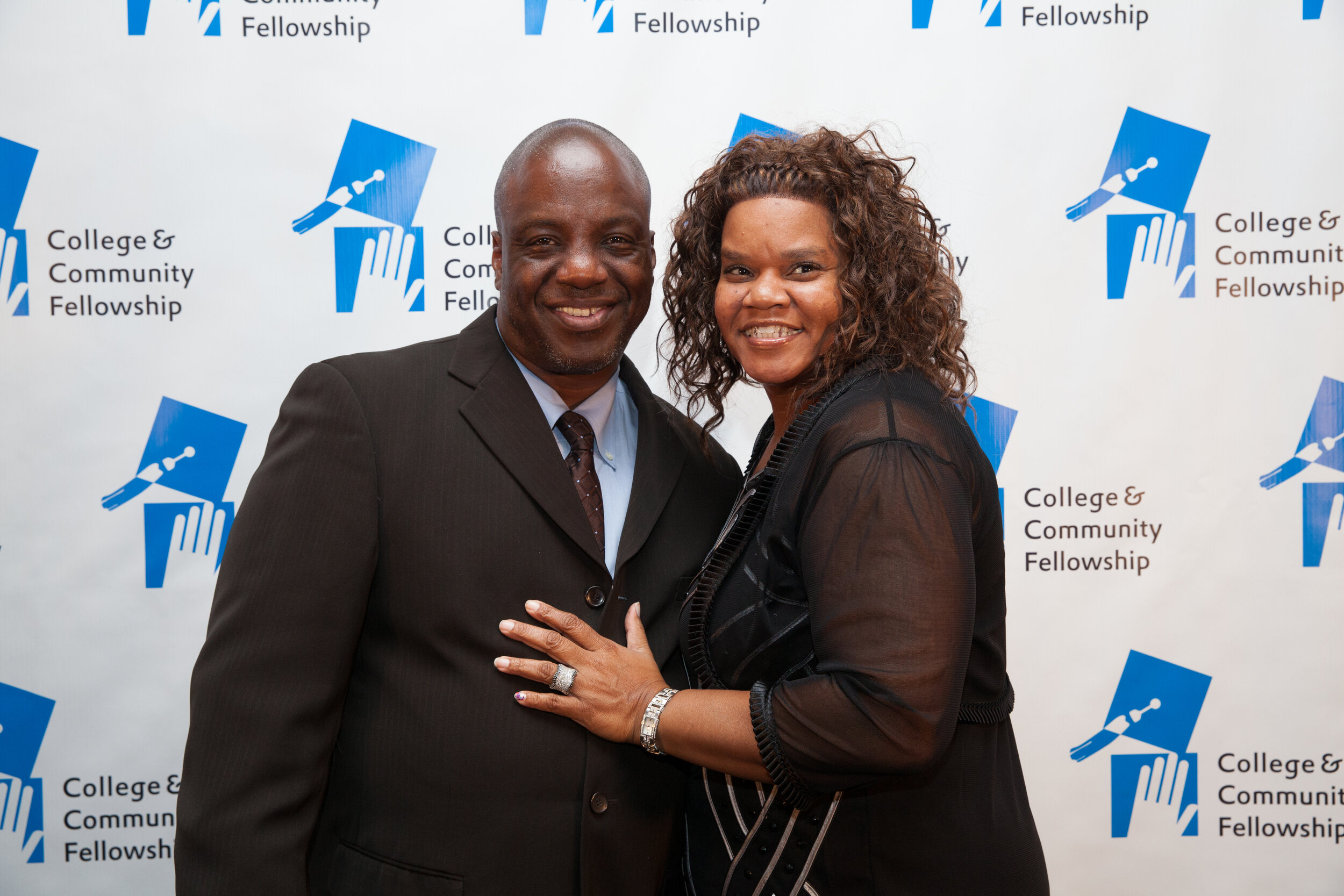
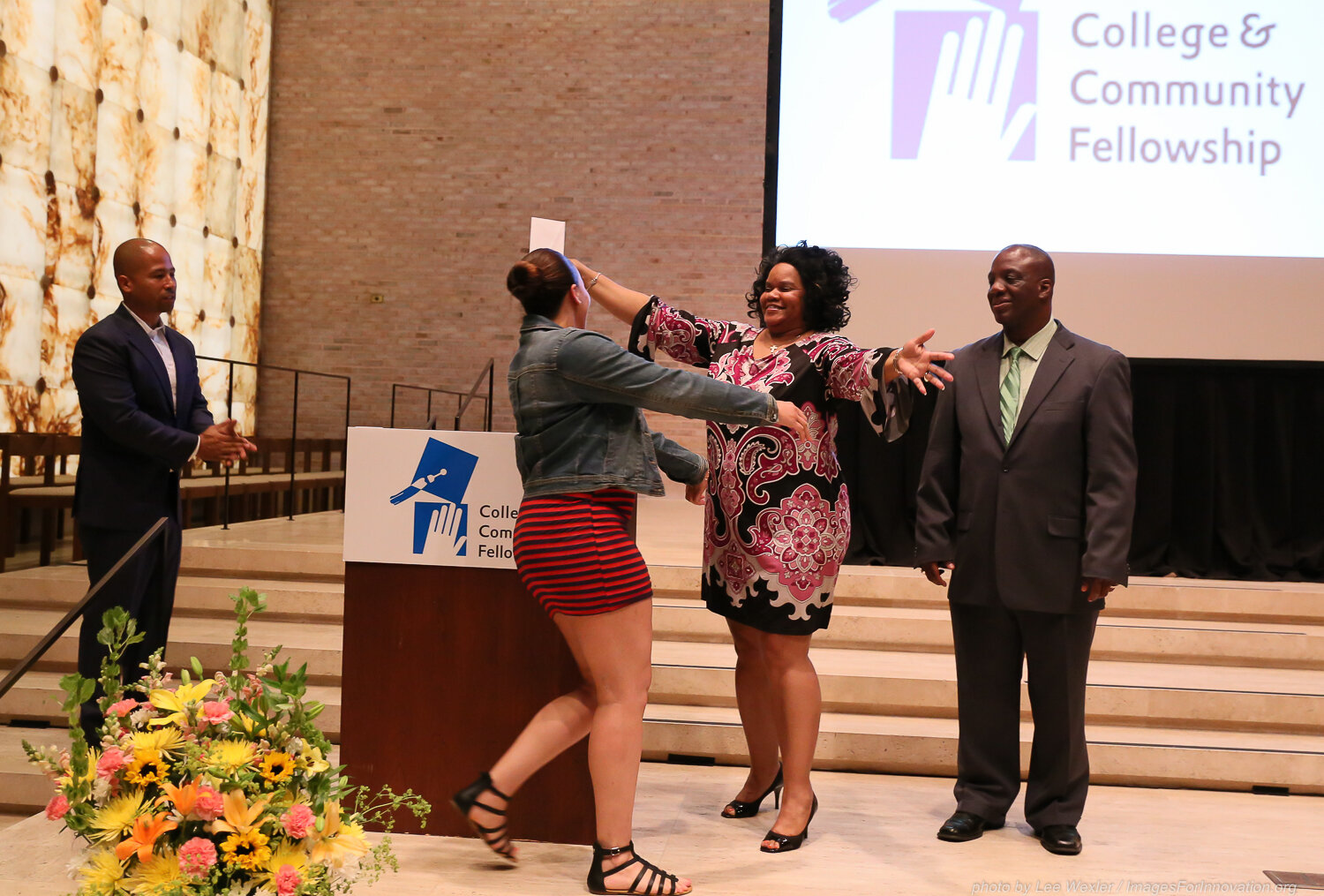
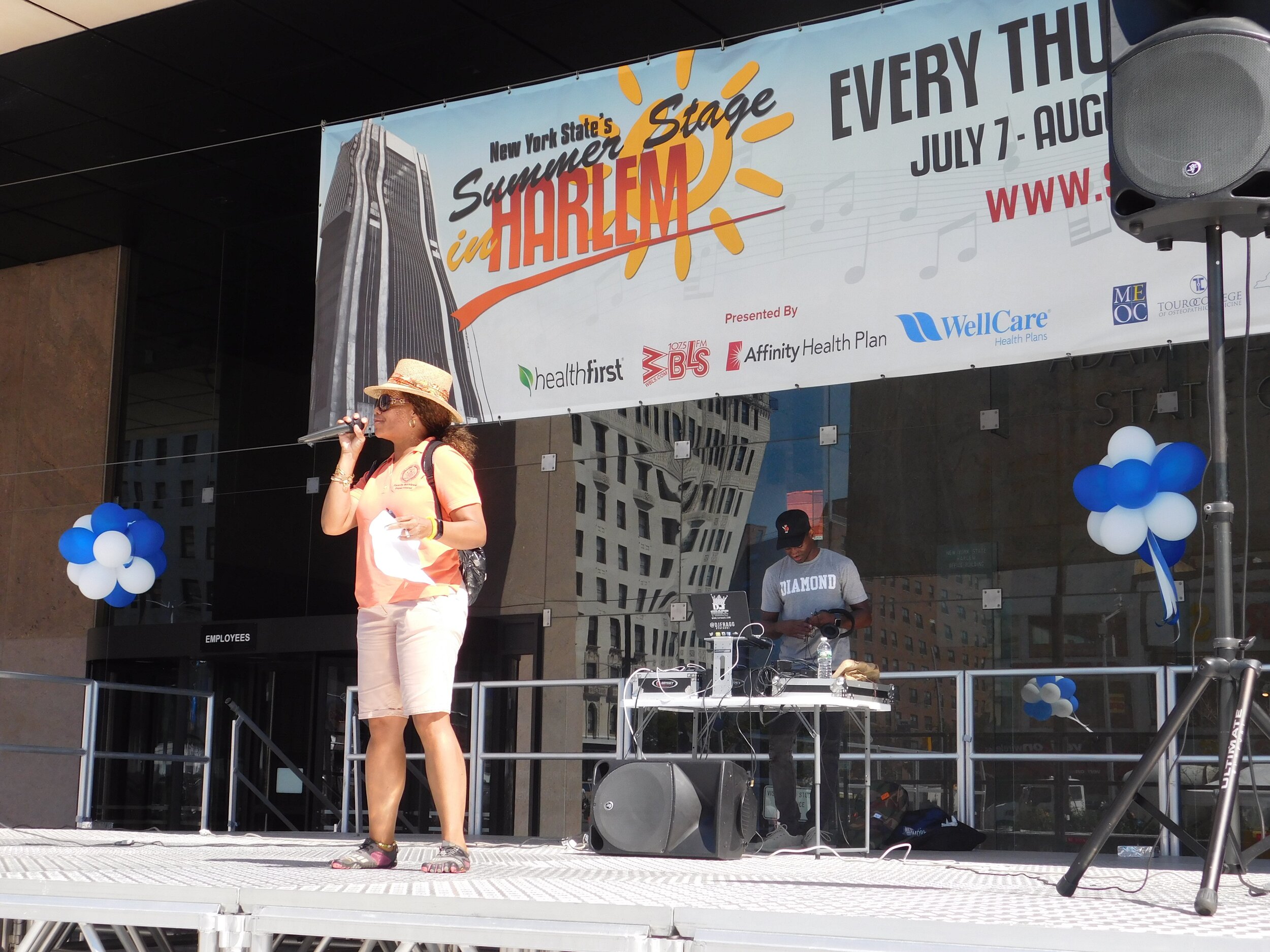
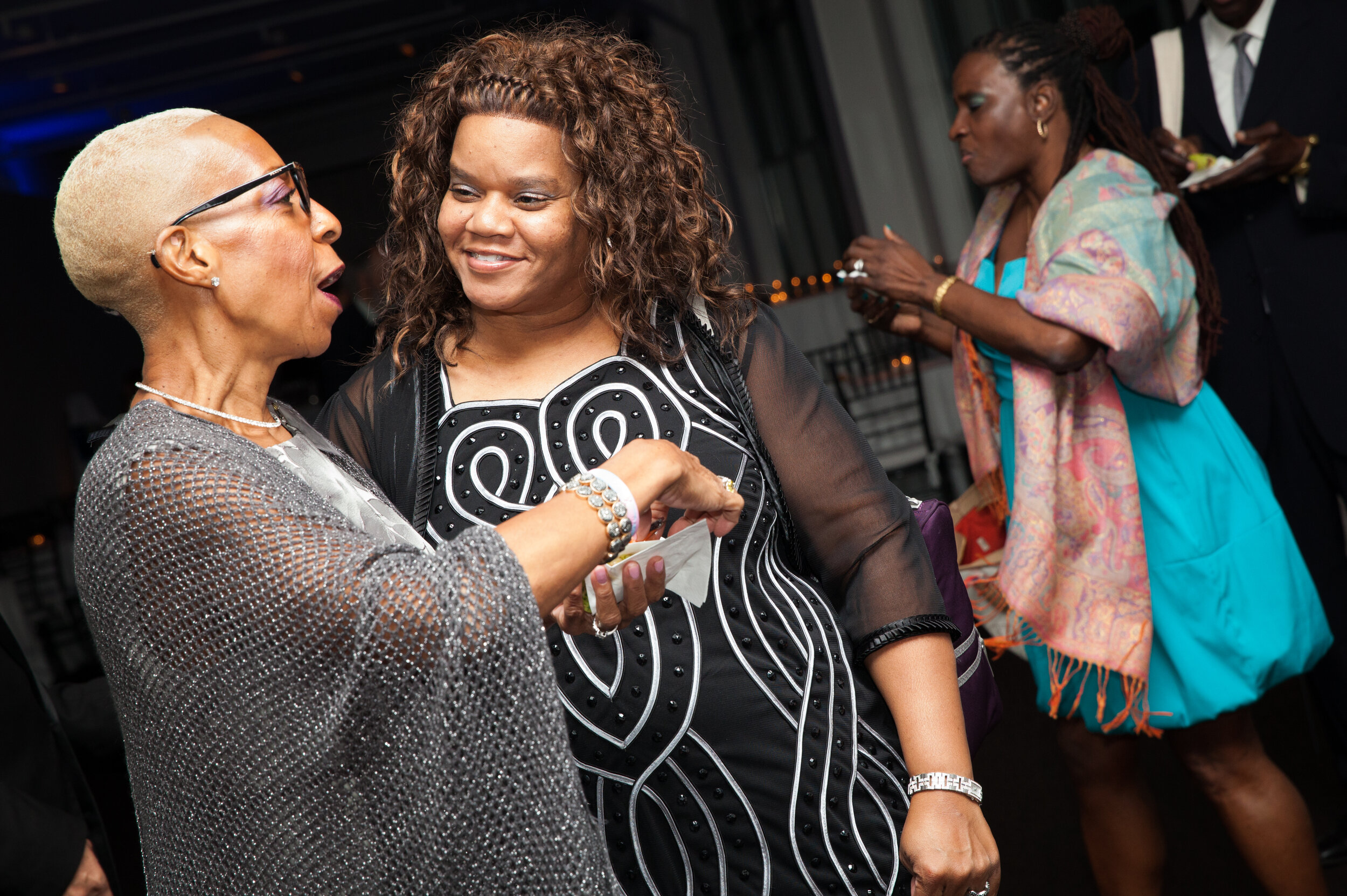
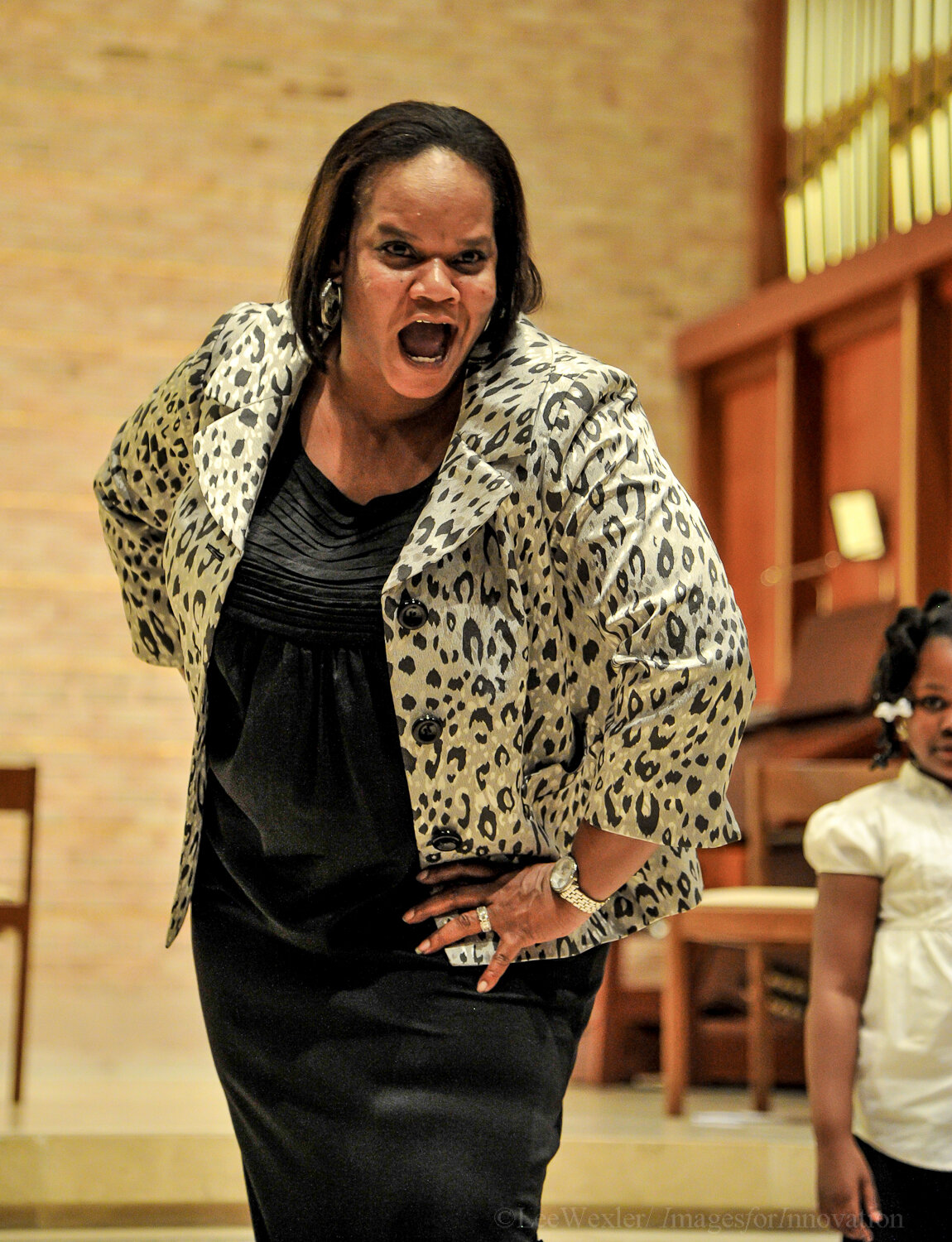
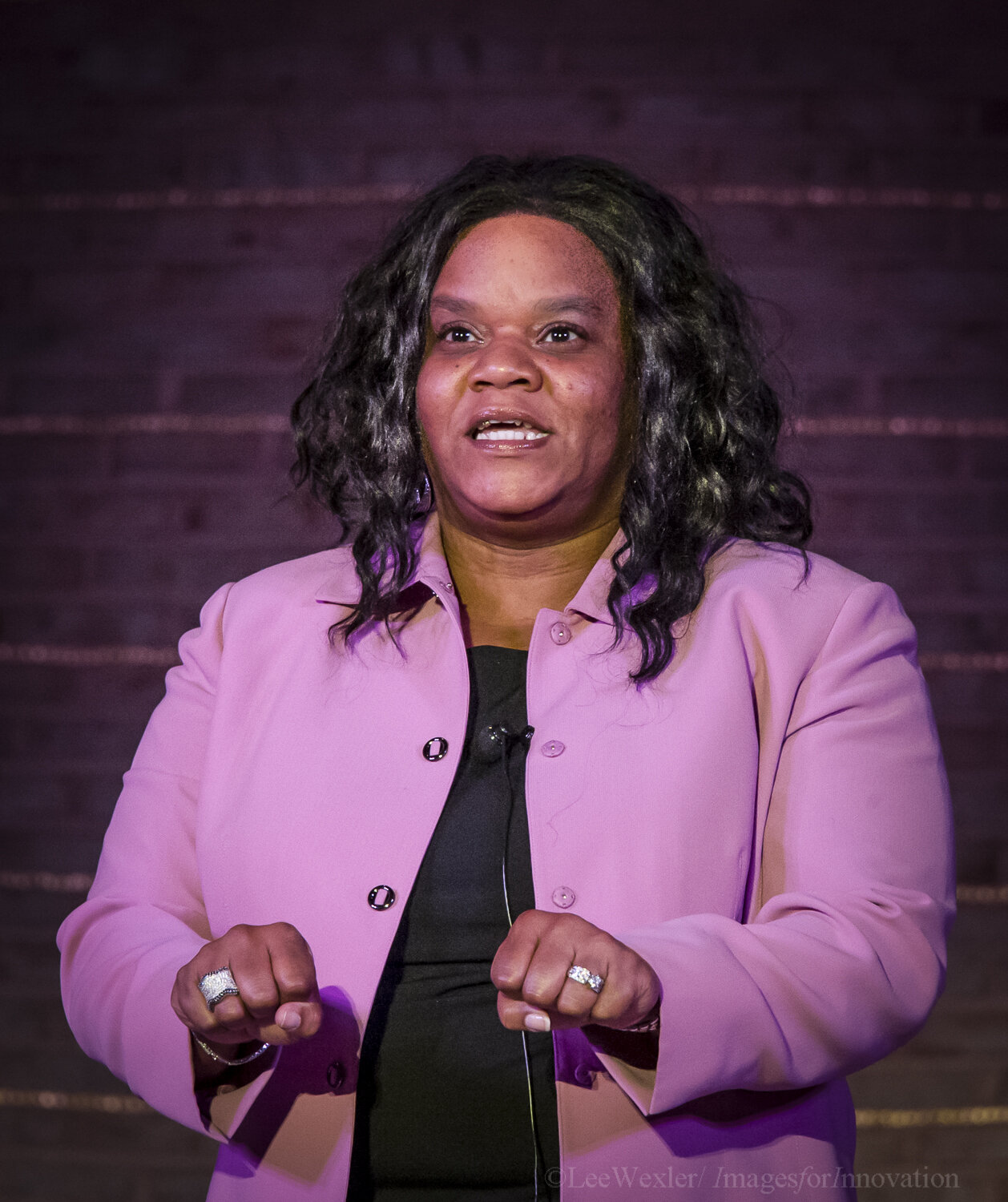
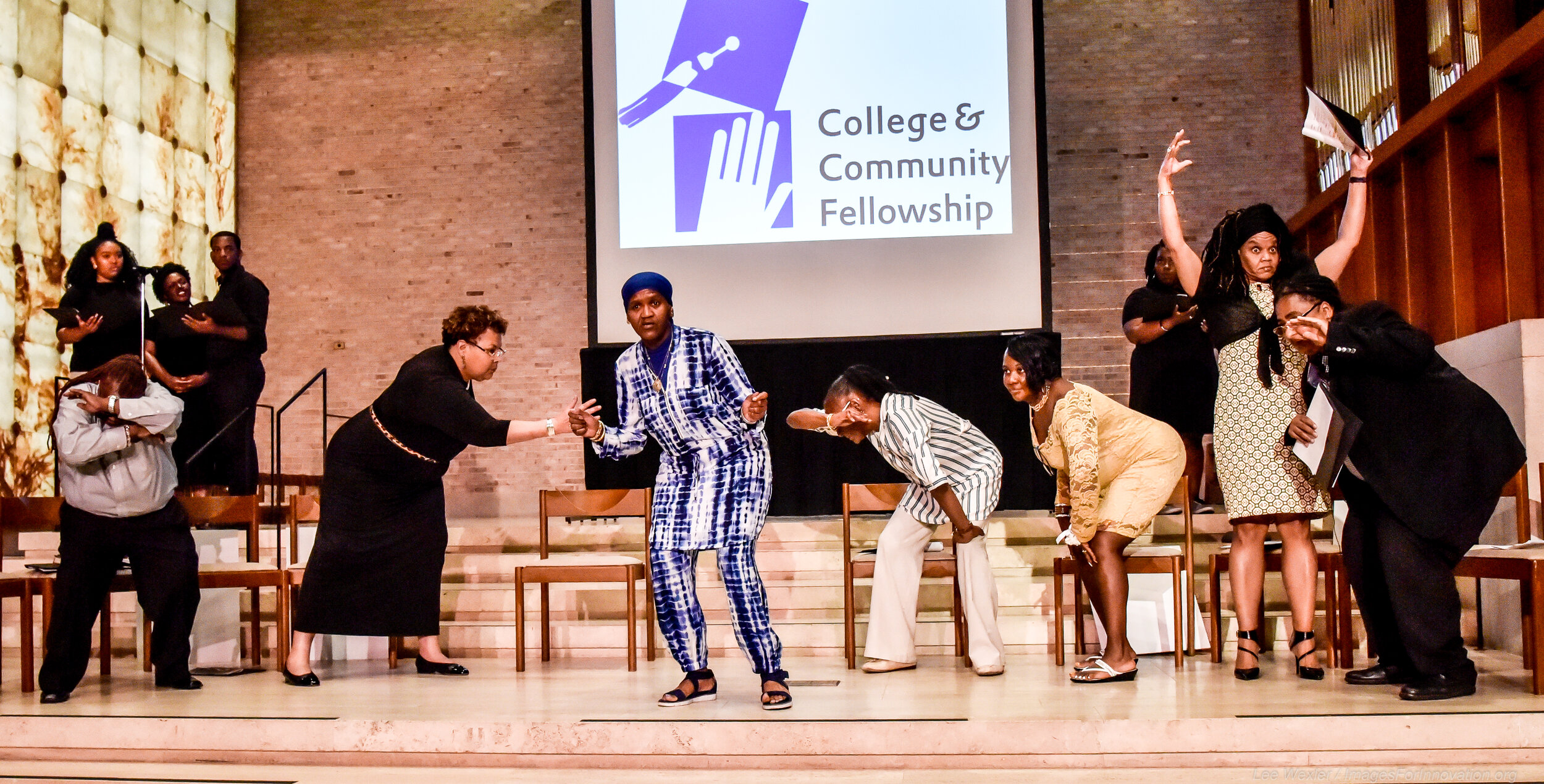
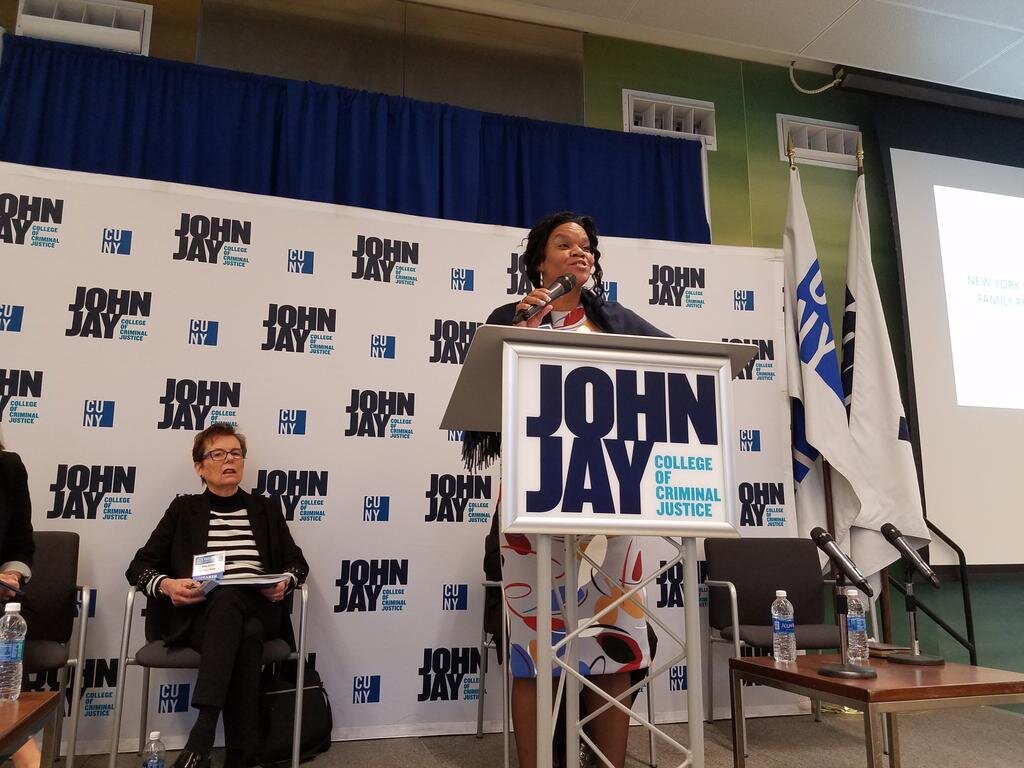
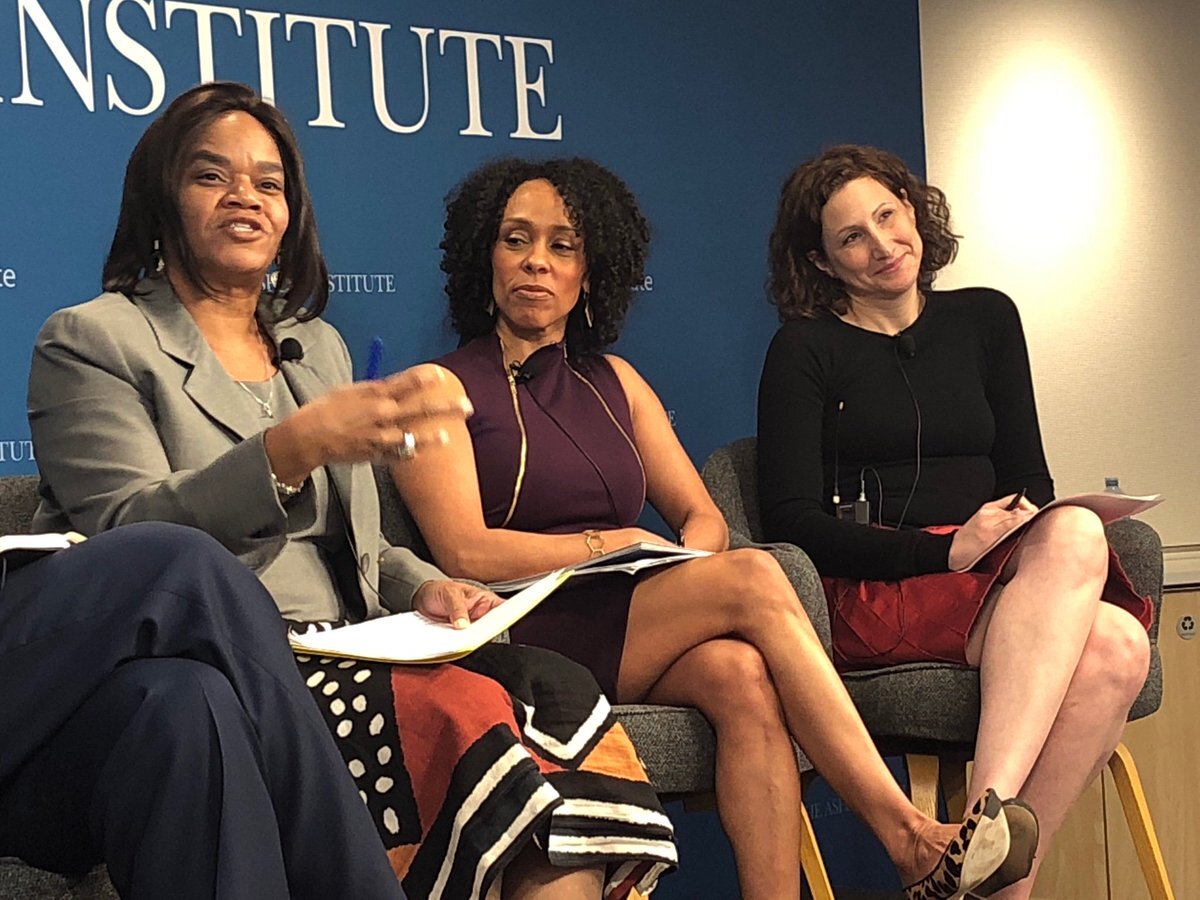
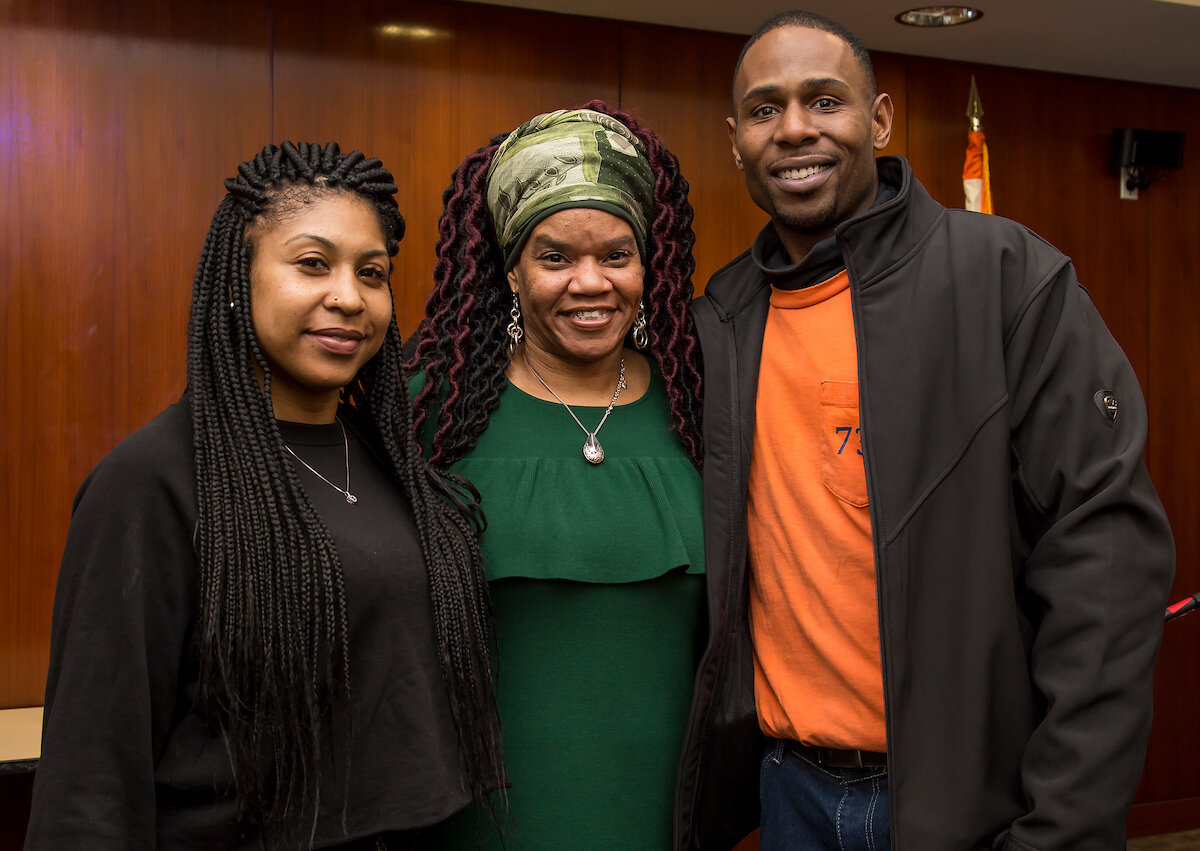
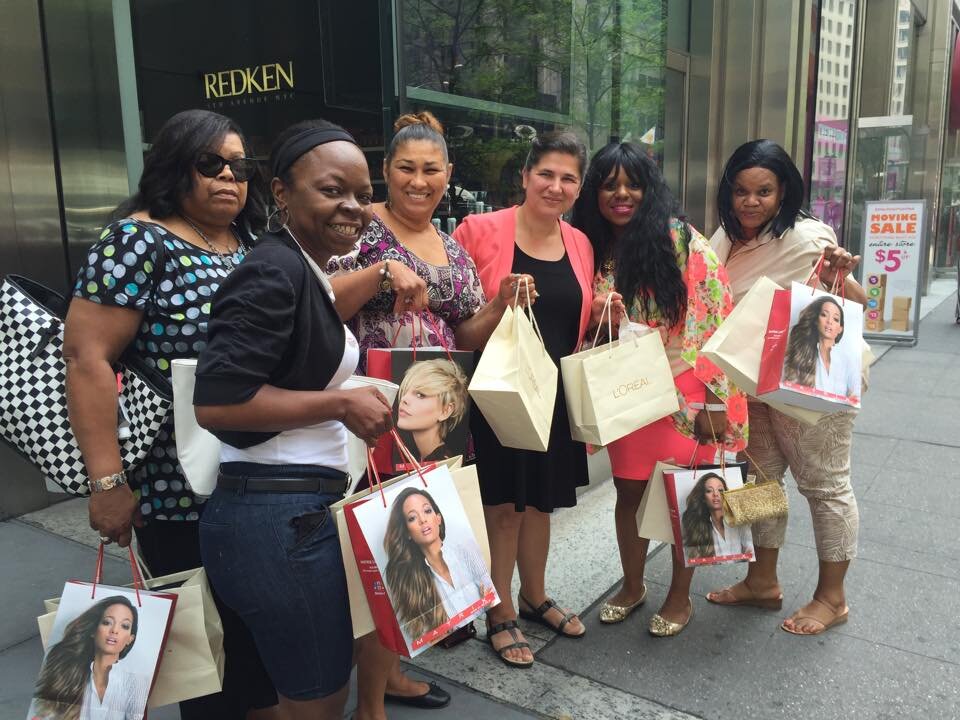
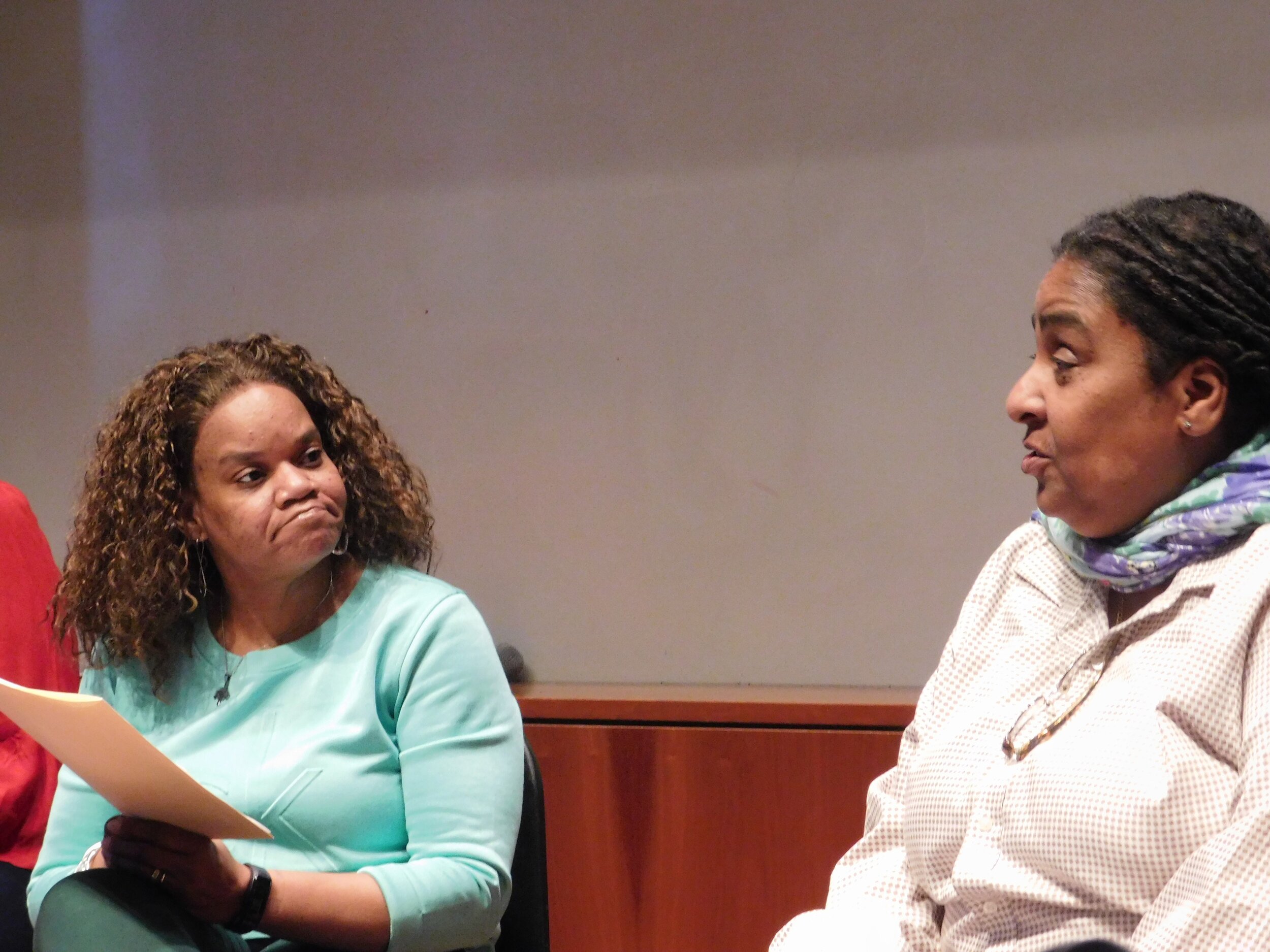
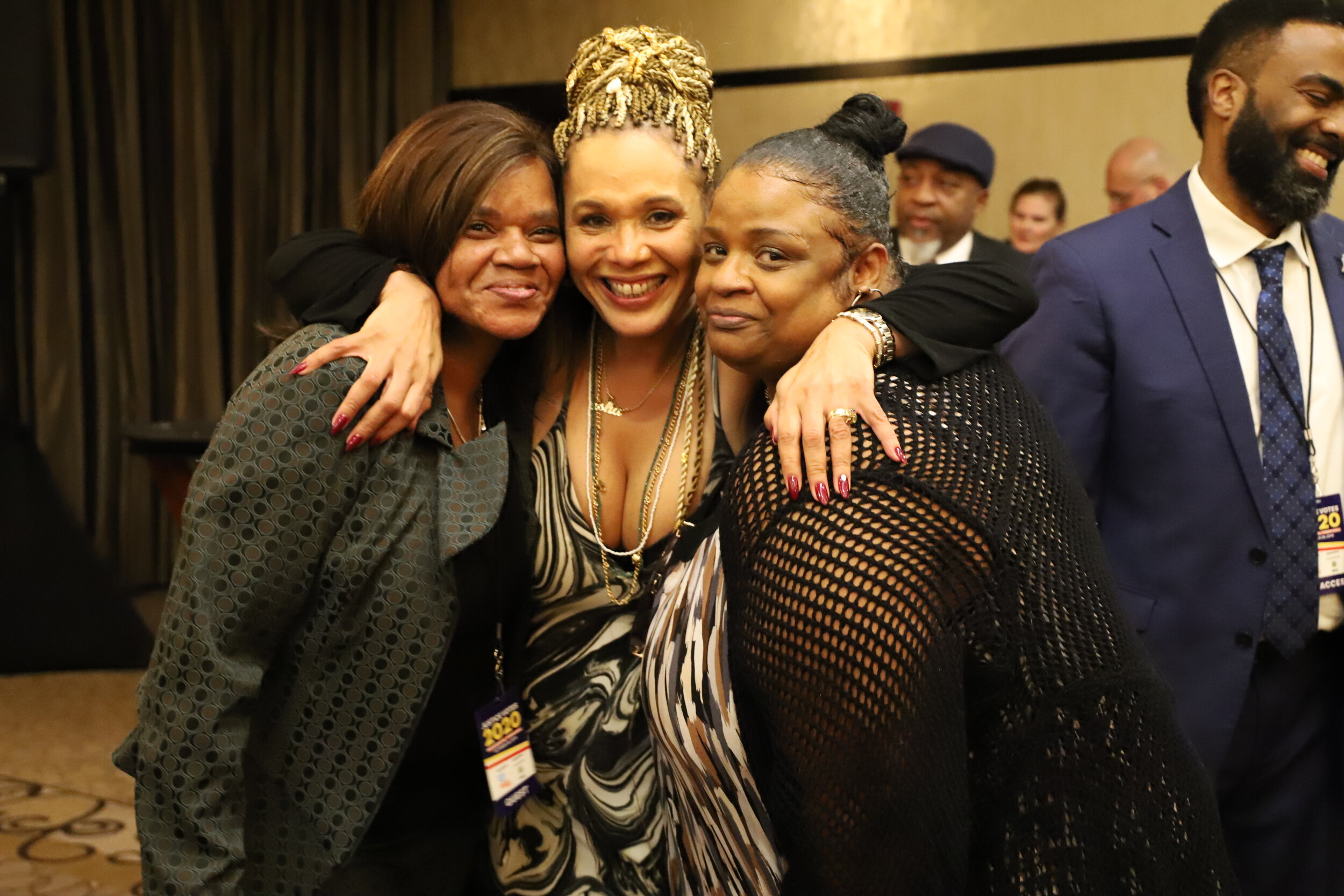
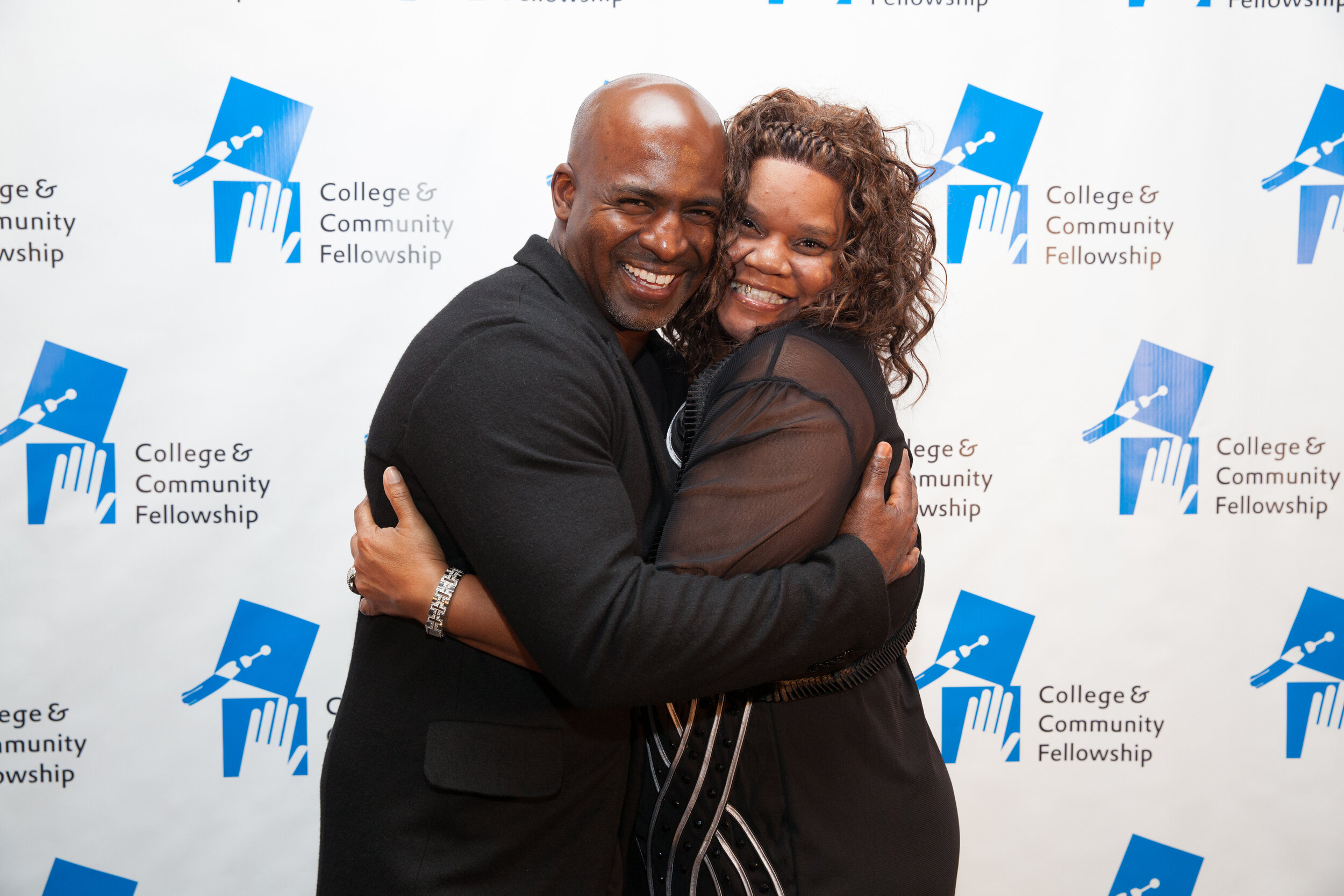
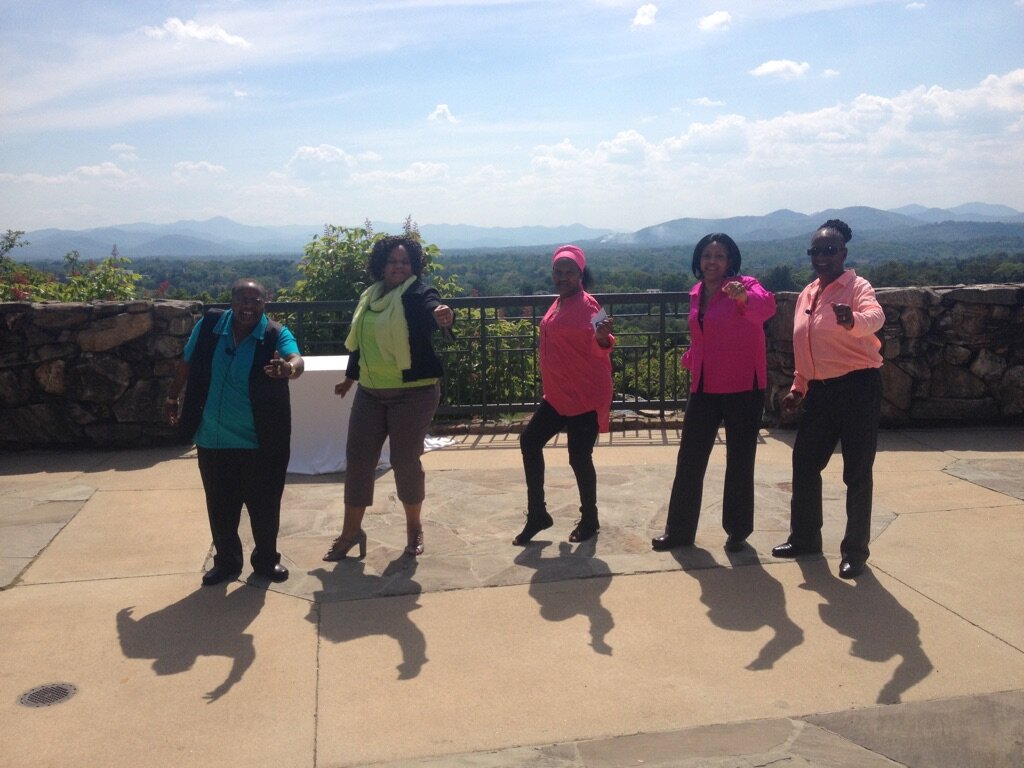
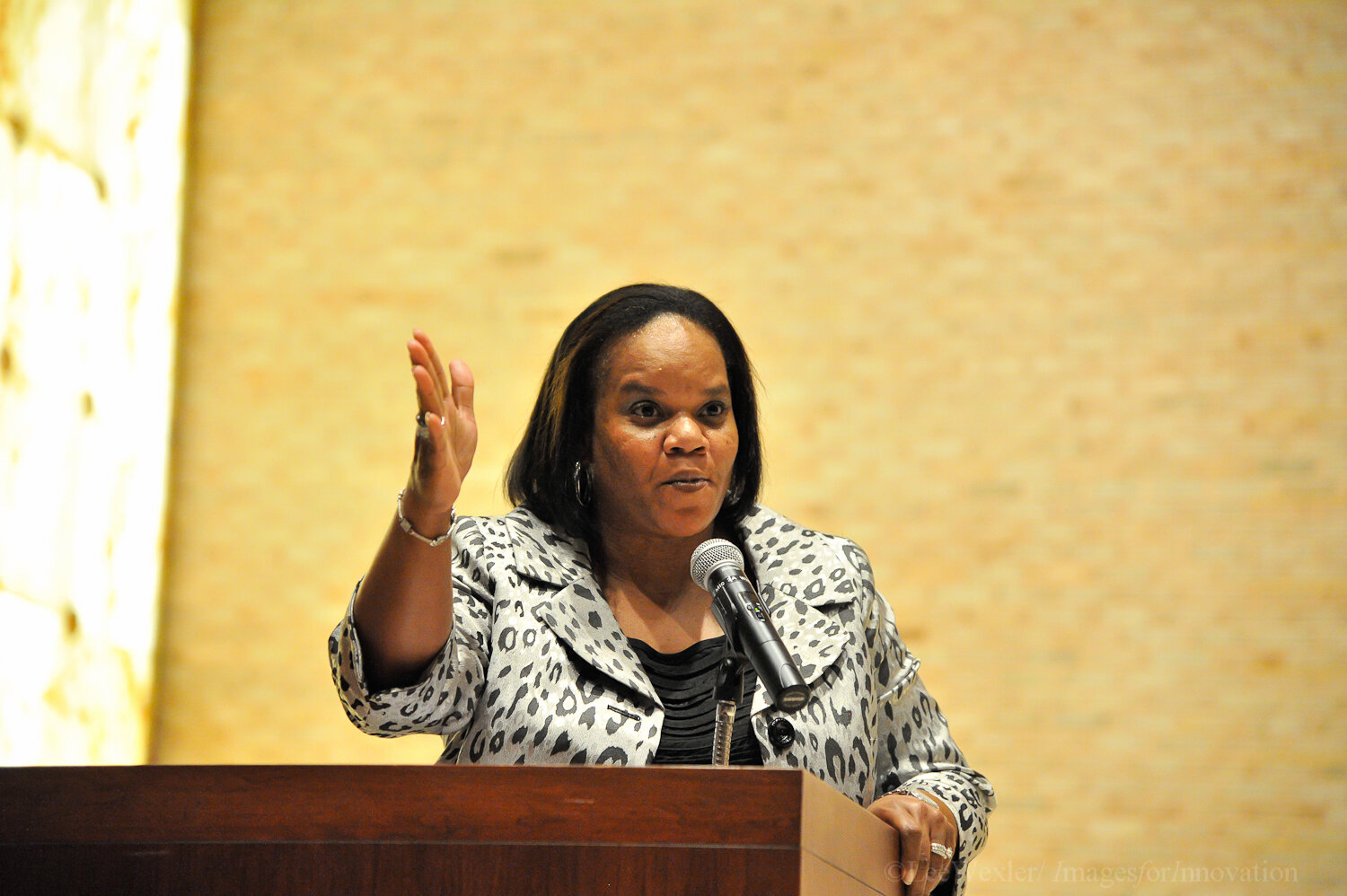
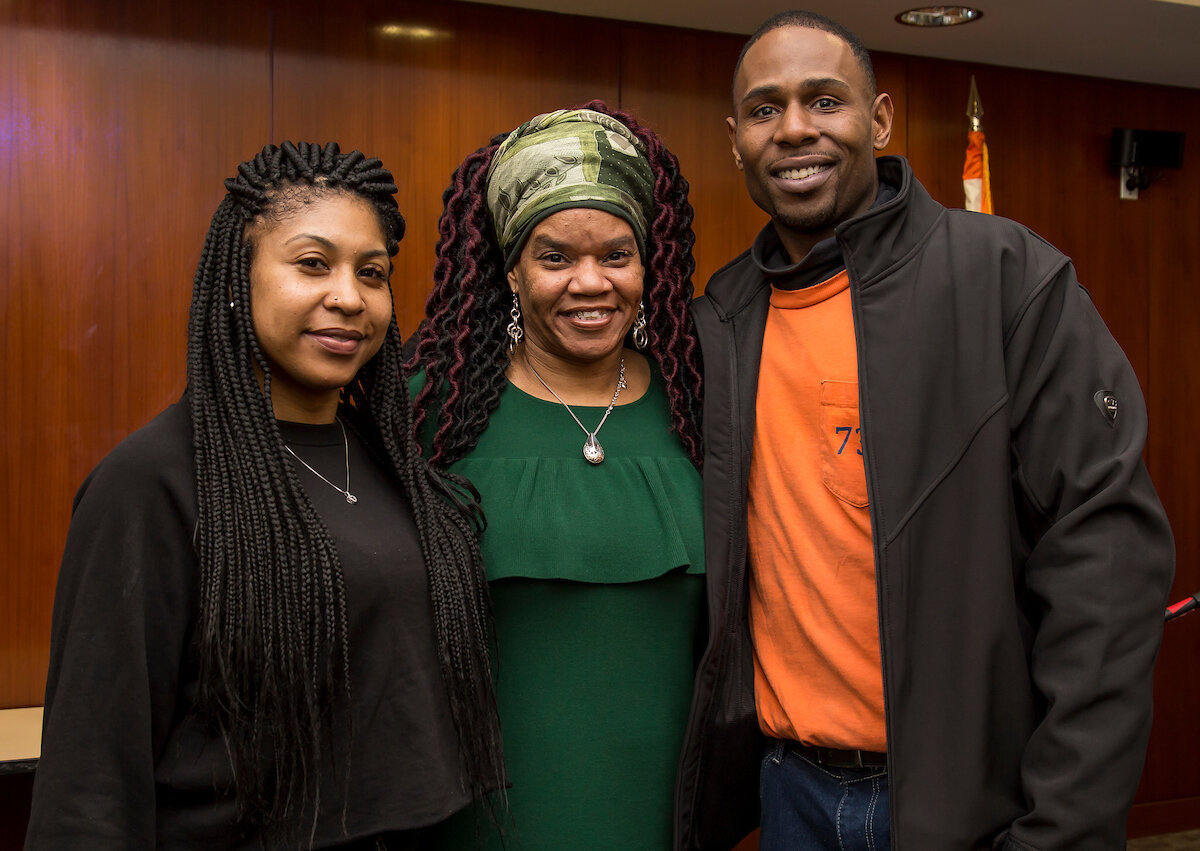
As a child growing up in East New York and Brownsville, Yolanda Johnson-Peterkin loved school. Yolanda received a high-quality elementary school education at a Catholic school with a racially diverse student population. But when her family moved, her new middle school was not diverse. Living in this new neighborhood that had already suffered from disinvestment in its education system, Yolanda’s attitude toward school began to change. Both her parents worked in blue-collar jobs and expected Yolanda to follow suit. No one in her family talked about college. And with her new classmates skipping school to hang out, Yolanda fell prey to peer pressure and stopped attending school as well.
The first time Yolanda thought about college was years later, during her grueling hard fight for freedom in SHOCK incarceration where she earned her GED. After her release, Yolanda worked for the Center for Employment Opportunities as a receptionist. The director of the program encouraged Yolanda to dream big. “I was scared, because in my mind, I thought I might fail,” Yolanda remembers. Then she became connected to CCF.
“CCF helped me with my college application and advised me to go at my own pace, and that’s exactly what I did.”
Yolanda found that she enjoyed college. “I had known for years that I had a gift - to be able to speak to people,” she reflects. “All my life, I’ve been able to open my mouth and say something that happens to resonate with folks. So I picked human services as my major, thinking it was broad enough for me to teach or pursue academic areas.” Yolanda began building her confidence and took on a full-time class schedule. In 1999, she graduated with her Bachelor’s degree in human services.
“This was around the time that Vivian Nixon, Sharon White-Harrigan, and Missy Wilkins were coming home. All the things we’re doing now - creating platforms for folks to speak, talking about education, going back into the prisons - we started doing a long time ago.”
All of those “heavy hitters” were CCF students, and Yolanda soon came to think of CCF as family. She soon applied to a master’s program in Social Work at Hunter College. “On my wedding day, getting ready to go to Jamaica on my honeymoon, an envelope with the purple logo came. I opened it, and I had been accepted!” What an amazing wedding gift.
Yolanda was one of the original cast members of the Theater for Social Change Ensemble (TSC), CCF’s theater group that writes and performs their own original pieces about education and incarceration.
“The theater group was the glue that held life together for me,” she says. “We drew strength from one another as we acted out some of the toughest times of our lives.”
Throughout her educational journey, Yolanda was getting involved in more and more advocacy work. She was part of CCF’s early advocacy work focused on restoring Pell grant eligibility to incarcerated students and advocating through the arts as a TSC member. In 2015, Yolanda started working with the New York City Housing Authority (the Authority), helping run the Family Reentry Program. The program reunites formerly incarcerated people with their families in public housing (moving away from a blanket ban on public housing eligibility for people with criminal justice histories).
Today, Yolanda has helped more than 160 individuals reunite with their families, with fewer than 3% going back to prison. The federal department of Housing and Urban Development now points to Yolanda’s program as a model for the rest of the country.
In 2017, Yolanda joined CCF’s Board of Directors. As a former student, she is uniquely equipped to ask the right questions about CCF’s programs and governance. “It gives me the opportunity to drive change and work with people who might not see the journey from my eyes.” Yolanda is a Parent Student Ambassador for the Aspen Institute’s Ascend program, which focuses on improving higher education access and success for nontraditional students with children. She is also on the Steering Committee of the Women’s Community Justice Association, and a leader in the Beyond Rosie’s campaign.
“I want to change our communities. When I came home, I was ready to change the world. But I still lived in East New York, so my child was still in underprivileged schools. I stayed in my community to have an impact on injustices, but it had its impacts on my child. So I stay to reach other children and their parents.
Between her full-time work with the NYC Housing Authority, Board membership with CCF, advocacy work with TSC, the Aspen Institute, and Beyond Rosie’s, Yolanda is a core leader in New York City’s criminal justice space. But she doesn’t stop there. What’s next for Yolanda? She was recently ordained as the first Evangelist in her church in 2018. She reflects, “God called, and I answered!” Thinking about her life today, Yolanda muses, “In the pain of the Black Lives Matter movement, I have found that I need to pivot my journey to concretely focus on disparities and racism, especially on Black women. We feel what is being done to us. What can we do to address the disparities of people who are suffering right now?” she asks. “My next project will be creating something that can help women right now.”
No matter what projects she’s working on, Yolanda always makes time for CCF. “I created the ‘Keep Hope Alive’ scholarship for CCF students. So many people who are still in the struggle don’t give thought to giving back. “I save for that scholarship all year, I give what I have. We look to the philanthropist to give funding and bless them! Yet if you are a graduate of CCF and aren’t reaching back to push another sister forward ahead of you,” she explains, “then you’re missing the purpose of CCF.”
